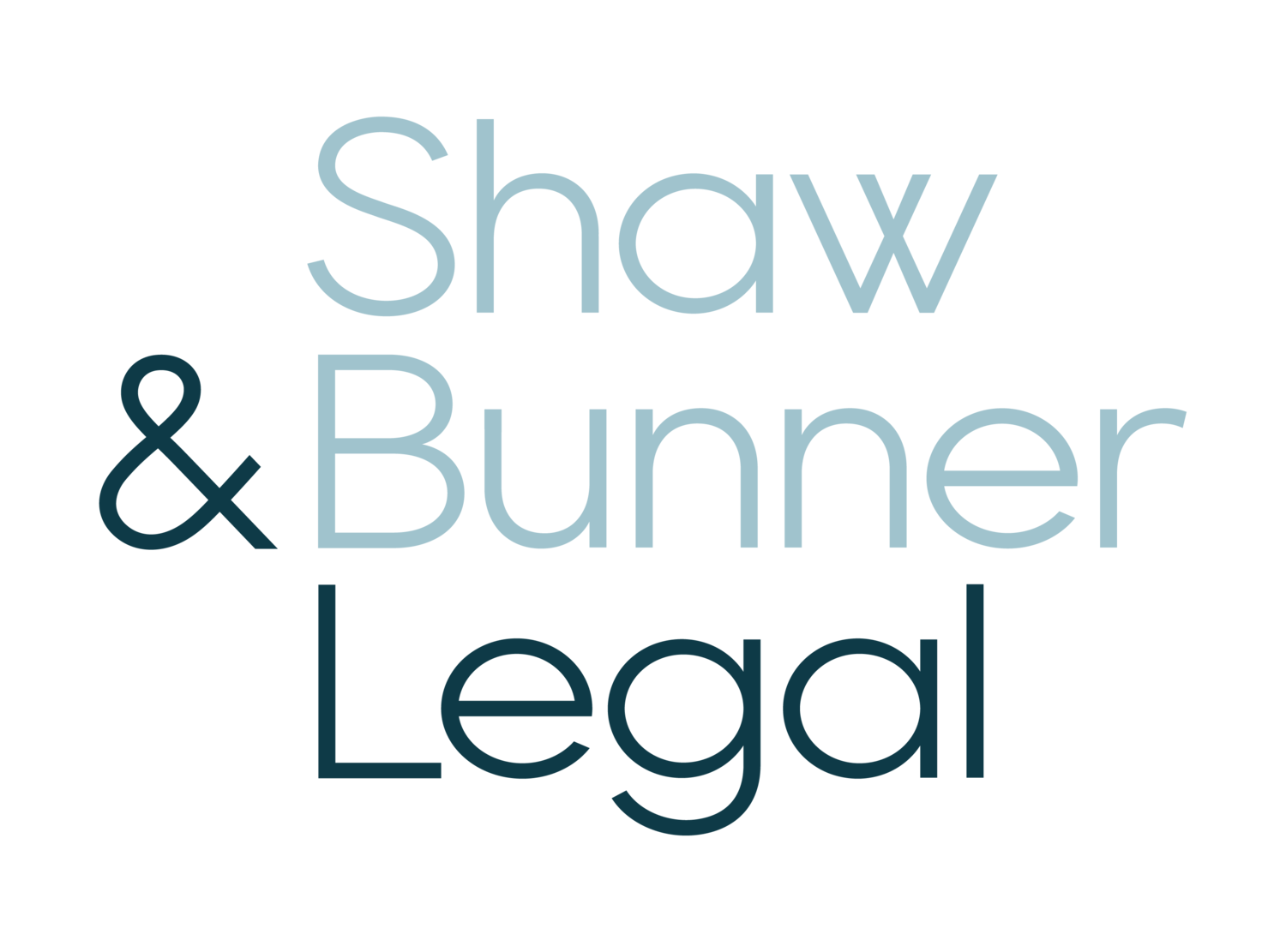What is “surveillance” in a personal injury claim?
Surveillance in personal injury claims refers to the practice of monitoring and observing individuals who have filed claims for compensation due to injuries they've suffered. This surveillance is often conducted by insurance companies, employers, or legal representatives of parties involved in the claim. The purpose of surveillance is to gather evidence that can be used to assess the validity of the claim and the extent of the claimed injuries.
Here are some key points about surveillance in personal injury claims:
Reasons for Surveillance: Surveillance is typically used in personal injury claims to verify the accuracy of the claimant's statements about the severity and impact of their injuries. It can help determine if the claimant's activities align with their reported limitations and provide insights into their daily life and physical capabilities.
Legal and Ethical Considerations: Surveillance must be conducted within legal and ethical boundaries. It should not involve invasion of privacy, harassment, or any illegal activities. Surveillance activities should be transparent, legal, and respectful of the claimant's rights.
Types of Surveillance: Surveillance can take various forms, such as video recording, photography, and monitoring of social media activity. Investigators may watch claimants in public places, document their movements, and capture activities that could contradict the reported injuries.
Impact on Claims: Surveillance evidence can have a significant impact on the outcome of a personal injury claim. If the evidence shows the claimant engaging in activities that contradict their reported injuries, it could potentially weaken their case or lead to a reduction in compensation.
Context Matters: It's important to consider the context when evaluating surveillance evidence. Some claimants might engage in limited activities to maintain their physical condition or mental well-being. Contextual understanding is crucial in interpreting the relevance of surveillance footage.
Disclosure and Admissibility: In many legal jurisdictions, both parties are required to disclose any surveillance evidence they intend to use in court. Additionally, the admissibility of surveillance evidence can be subject to legal rules and standards, and its relevance and reliability might be challenged by the opposing party.
Balancing Privacy and Evidence: While surveillance can provide valuable evidence, it's essential to balance the need for evidence with the claimant's right to privacy. Courts and legal systems aim to strike a balance between obtaining relevant evidence and respecting the claimant's personal space.
Professional Guidance: If you're involved in a personal injury claim, it's advisable to seek legal advice regarding surveillance issues. Legal professionals can help you understand your rights, obligations, and potential implications of surveillance in your case.

